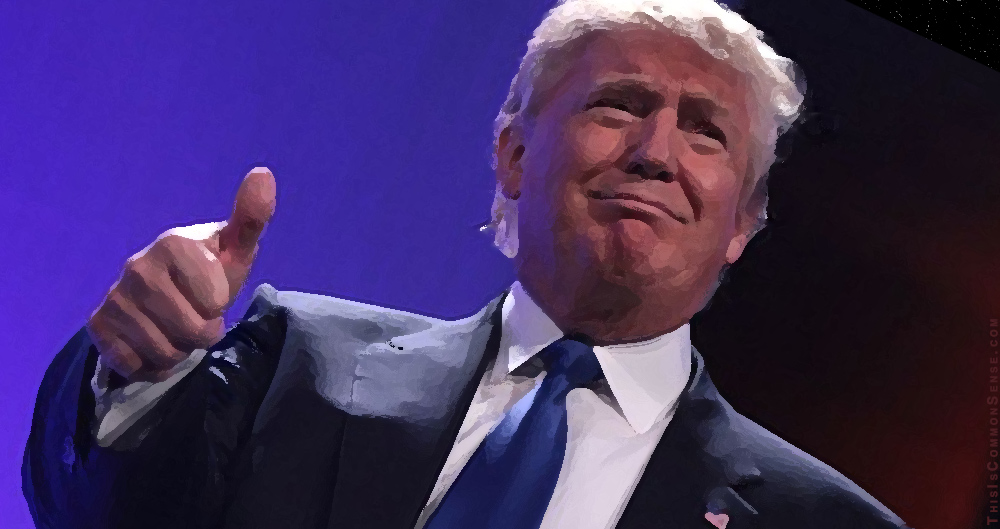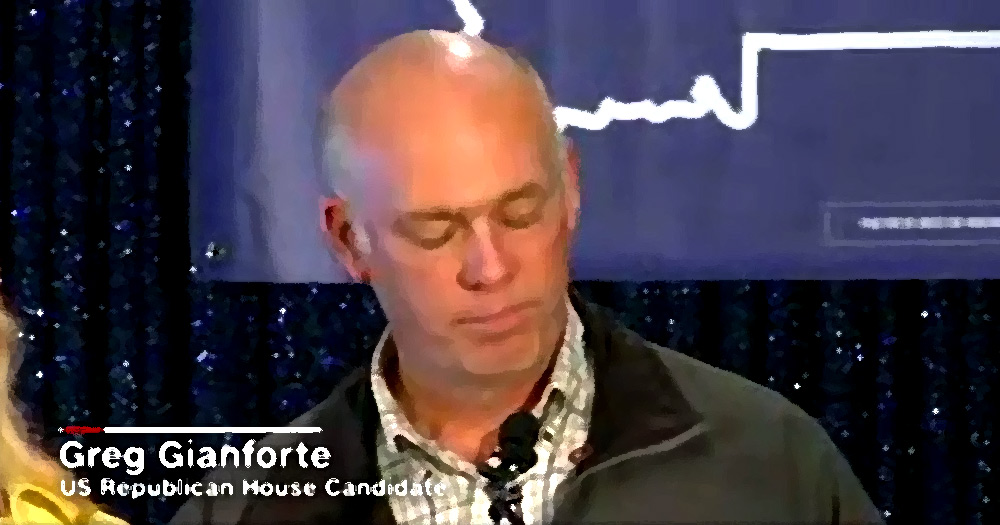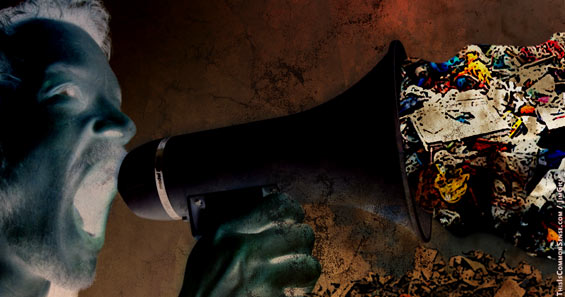The President of the United States allegedly had an affair — or a one-night stand with attempts at an affair — with a porn star. And paid her to keep silent. While he was married to his current wife, and his son was an infant. Donald Trump denies it, but a variety of reporters claim to have multiple corroborations.
It’s all very tawdry.
And it looks like it has elicited … yawns.
Sure, the newsmedia push it. But the American people seem almost bored.
The election of Donald Trump marks the end of an era, maybe. Trump has overwhelming support from social conservatives, and it isn’t for his morals. Meanwhile, the Left loathes the Donald for alleged mistreatment of women, which they deemed so unimportant when documented against President Bill Clinton that it birthed the “move on” movement.
So, what changed?
The political divide between left and right is now so forbidding that questions of character pale. Democrats won’t like Trump even were he to usher in the Millennium, and Trump might have to tattoo a 666 on his forehead and anoint himself the Beast to shake off his so-con support.
For conservatives, the prospect of a Hillary Clinton presidency, after eight years of Obamamania in the media, was simply too much to bear. Indeed, a large swarth of the Democratic Party faithful didn’t quite trust her.
As for Democrats, the inability to defeat an opposing candidate caught on audiotape bragging about grabbing women’s private parts must be as frustrating as devil-with-a-blue-dress Bill’s success in the 1990s was for Republicans.
Character? So passé.
I wonder if it will come back.
This is Common Sense. I’m Paul Jacob.











